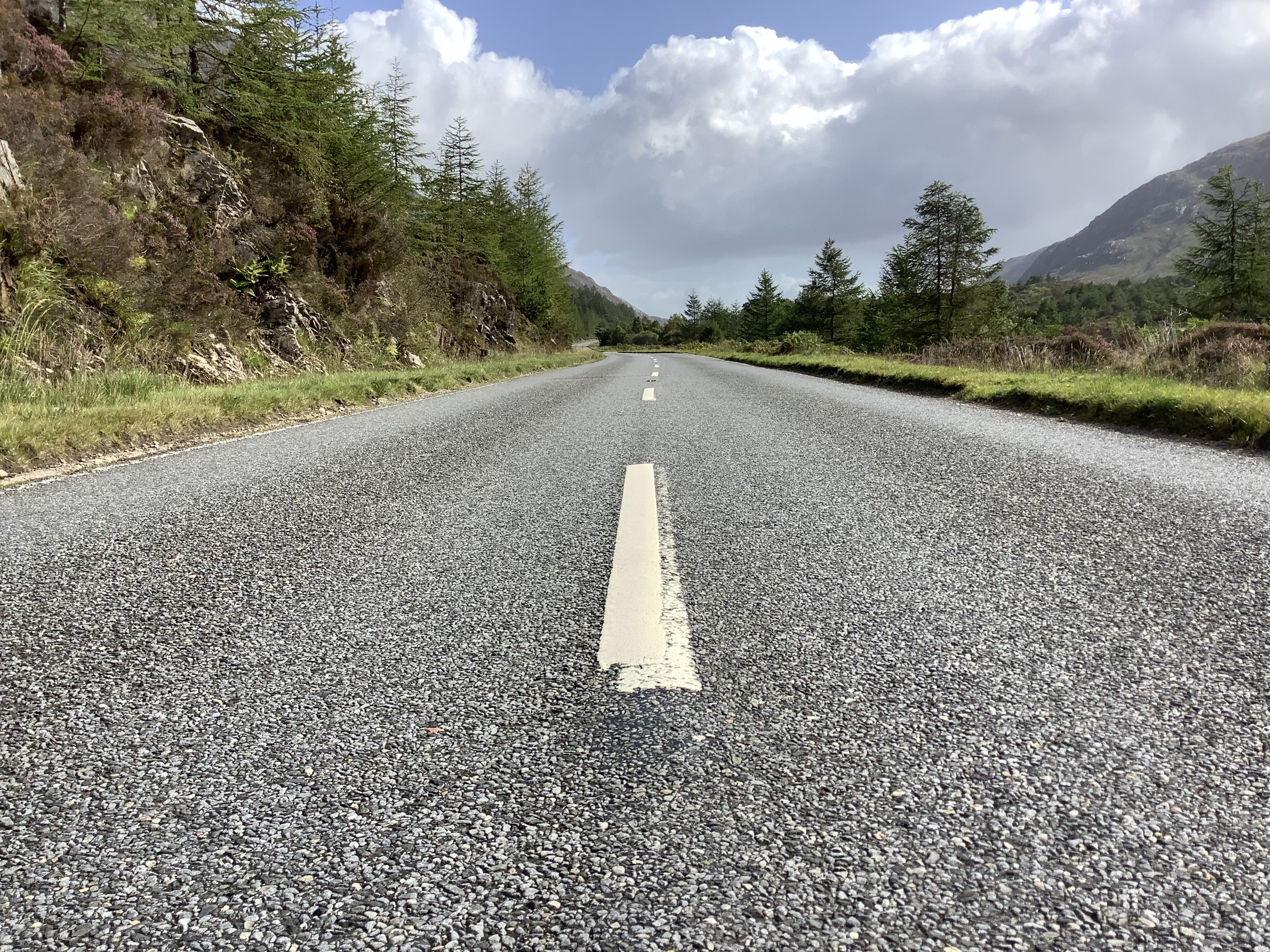Highlands progress against emissions reductions targets noted

Highland Council’s Climate Change Committee has reviewed the council’s progress in reducing emissions and approved the draft annual Public Bodies Climate Change Duties 2023/24 report for submission to the Scottish Government.
In line with Scotland’s national Net Zero by 2045 target, Highland Council aims to reach Net Zero sooner, setting interim targets to cut emissions by 75% by 2030 and 90% by 2040. Emissions for 2023/24 fell by 9.5%, a reduction of 3,473 tonnes of CO2e from last year. This progress underscores the need for sustained annual reductions to achieve the Council’s goal of reaching 16,590 tCO2e by 2030.
The Committee emphasised collaboration across services is key to drive the council’s net zero transition and recommended three new projects for inclusion in the Net Zero Programme. These include using Great British Insulation Scheme funds for insulation in xouncil housing and developing a Coastal Change Adaptation Plan to address risks in vulnerable coastal areas.
A new funding strategy was also proposed to attract external resources, supporting the council’s climate goals and advancing green skills in the region. This initiative will create economic and employment opportunities while aligning with sustainability targets.
The Committee discussed the council’s planned Climate Change Adaptation Strategy and Action Plan, aligned with the Scottish National Adaptation Plan (SNAP3) 2024-2029, and Highland Adapts, addressing regional climate vulnerabilities.
Chair of the Committee, Councillor Sarah Fanet, emphasised the need for transformative change, stating: “While we’ve made progress, meeting our Net Zero targets will require moving beyond ‘Business as Usual.’ Integrating climate measures across operations is essential to our success.”
Councillor Fanet highlighted the pressing impacts of climate change on the Highland area, including extreme weather events leading to increased flooding, wildfires, and landslides. “Failure to prepare for these challenges now will lead to much higher future costs,” she added. “Investing in climate resilience will ultimately protect Council assets and services in the long term.”
Highland Council’s climate-first approach will align future investments in infrastructure, fleet, and skills development to keep pace with the net zero agenda. By leveraging public and private funding, the council aims to secure a sustainable future for the Highland region.







